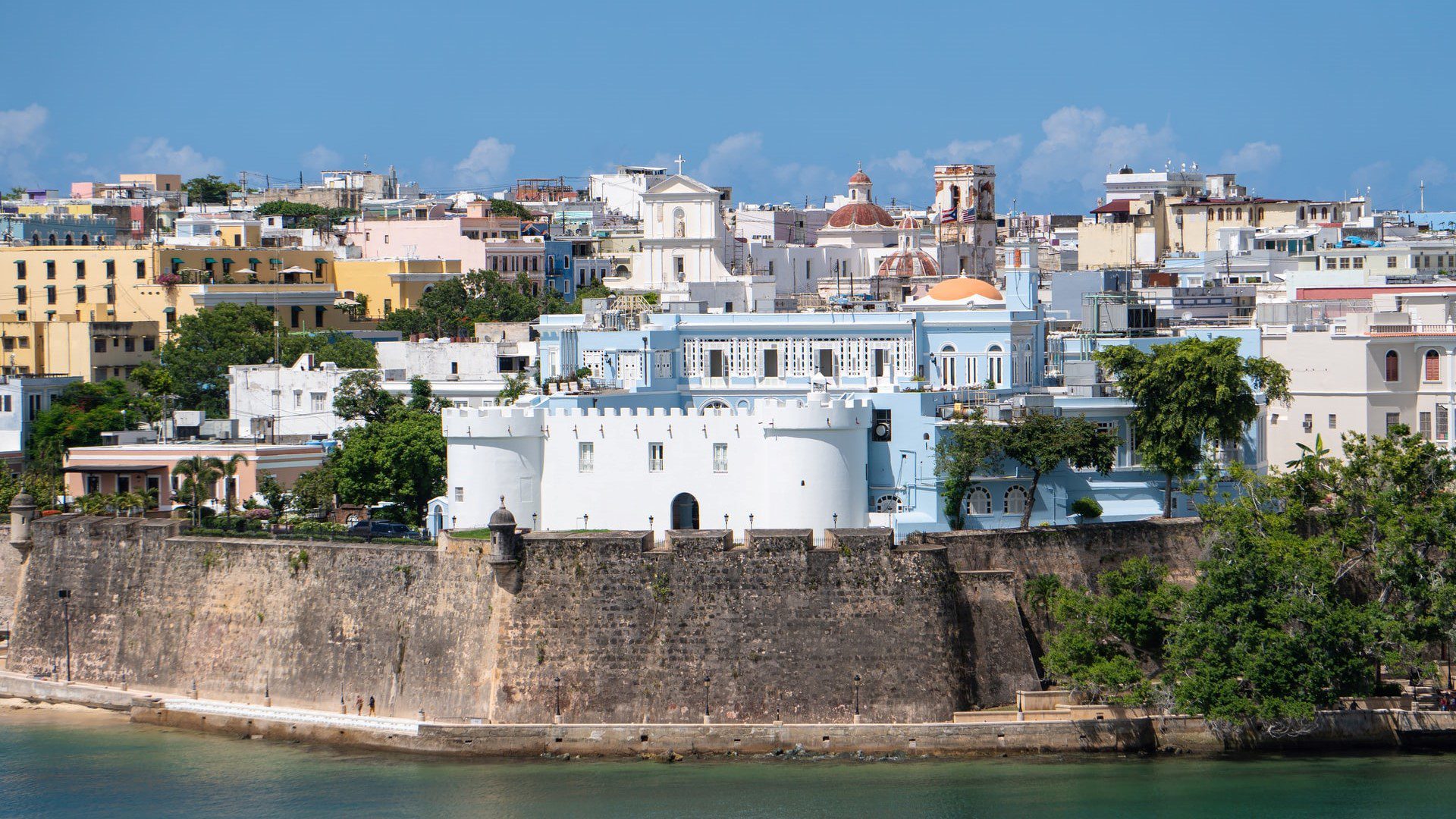Prime Minister Justin Trudeau recently blamed Alberta’s provincial government for his declining popularity amongst Albertans. Trudeau must have overlooked his government’s carbon tax which has impoverished Albertans, their veto on the Northern Gateway Pipeline, or their plan to ban single-use plastics, which will hinder Albertan industry. If he had considered these factors, he might have found more proximate causes of Albertans’ distaste for his government.
However, the trespasses against Alberta did not begin with the election of Trudeau’s Liberals in 2015. Albertans have suffered at the hands of Ottawa for more than a century. Since Alberta’s provincialization and entrance into the Canadian Confederation in 1905, they have been constantly undermined as a province and have been used as a resource farm for the eastern provinces.
The struggle for control over public lands
Since the first day of provincehood, Albertans were denied the ability to control their own public lands and resources, a right given to all provinces by the British North America Act of 1867. Section 21 of the Alberta Act, the act granting Alberta provincehood, gave the federal government control of Albertan lands, mines, and waterways. The province had to wrest control of its own public lands and resources in 1930 with the passage of the Alberta Natural Resources Act, twenty-five years after their constitutional right to their resources was denied.
Just fifty years later, Alberta’s natural resources were once again under attack from Ottawa. In 1980, then-Prime Minister Pierre-Elliott Trudeau, Justin Trudeau’s father, founded the Natural Energy Program, which introduced a number of economic interventions into Alberta’s oil industry. Dr. Carman Neustaeder writes that one of the principal goals of the program was to “to redistribute revenue from the industry and lessen the cost of oil for Eastern Canada. Redistribution would move the federal government’s revenue share from 10% to 25%, leaving the oil producing provinces with 43% and the industry with 33%.”
Albertans were once again denied the right to control their own resources. It was only through the efforts of then-Premier Peter Lougheed in opposing the program that it was finally abolished in 1985 when Brian Mulroney was Prime Minister.
Redistribution: eastern provinces reaping the rewards
Today, Albertans are still plagued by Ottawa’s greed. In 1957, Canada’s Equalization Program was enacted and then cemented in Canada’s 1982 Constitution. According to the Constitution,
“Parliament and the government of Canada are committed to the principle of making equalization payments to ensure that provincial governments have sufficient revenues to provide reasonably comparable levels of public services at reasonably comparable levels of taxation.”
This means that provinces which can produce must pay to those who cannot, and Alberta has had a consistent history of production. As Premier of Alberta, Jason Kenney, points out,
“Since equalization was created (in 1957), Alberta has received 0.02% of all payments, the last of which was in 1964-1965. In contrast, Quebec has received equalization money every year of the program, totaling 221 billion dollars or 51 per cent of all payments.”
For over fifty years, Albertans have produced, and the eastern provinces have reaped the rewards.
The Buffalo Declaration
Today, Albertans are more than aware of their role within the Canadian Confederation. As such, four United Conservative Party members drafted the Buffalo Declaration in which they outline this history of continued attacks on Alberta by Ottawa and plead for better treatment from the east. If these issues are not remedied, the authors of the document suggest that Albertan independence is the only path forward.
For some Albertans, it is too late for cooperation with Ottawa. The Alberta Independence Party received over 13,000 votes in the 2019 Provincial General Election, finishing with the fifth most votes of any party while only running candidates in 72% of the electoral ridings.
The history of Alberta has been a history of struggle against Ottawa. Since its very inception, Alberta has had to bear the burden of eastern greed. As the Buffalo Declaration notes, “The Eastern political and business class never intended for Alberta to be equal in Confederation. They intended for us to be a colony, providing wealth and raw resources without having an equal share in prosperity and power.”
If this attitude continues as it has for the last century, independence may be the only way to remove the heavy yoke that the east has placed upon Albertans.
To read more about the challenges brought about through socialist economic policies, check out our cluster page by clicking on the button below.
This piece solely expresses the opinion of the author and not necessarily the organization as a whole. Students For Liberty is committed to facilitating a broad dialogue for liberty, representing a variety of opinions.









